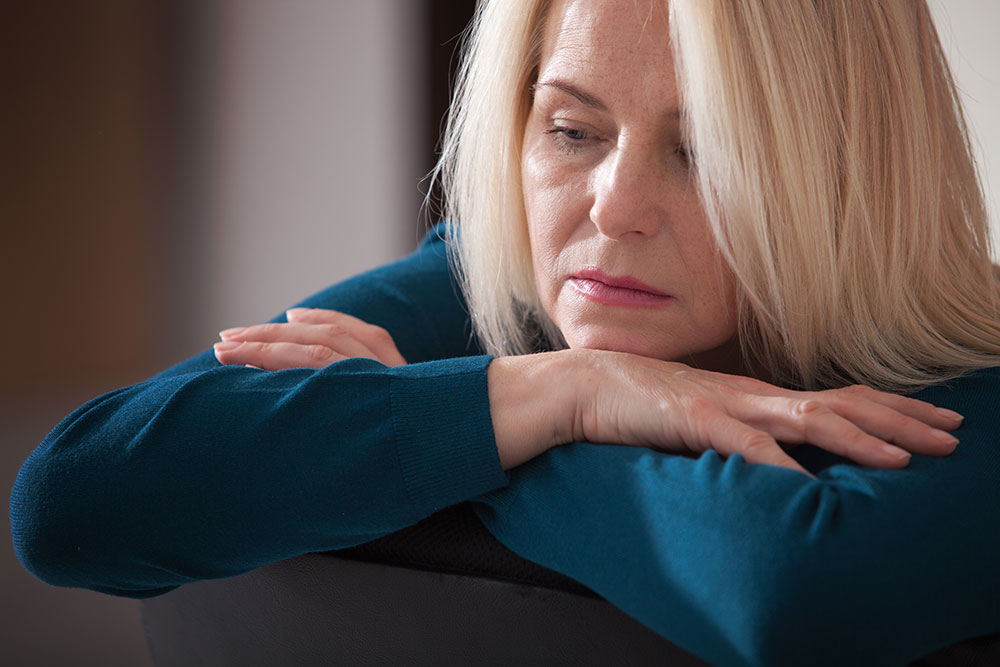
Patricia Taylor joins WM People as chair
Patricia Taylor has been appointed chair of the board of directors of workingwise.co.uk's...read more
Is the mental health crisis exaggerated or are we just not thinking broadly enough about it?

Mental health has been much in the news of late, particularly after Work and Pensions secretary Mel Stride said there was a real risk now that we are labelling the normal ups and downs of human life as medical conditions which then actually serve to hold people back and, ultimately, drive up the benefit bill. His top concern at the Department of Work and Pensions is about getting people off benefits so you could argue that he would say that.
Mental health has been increasingly cited as a reason for economic inactivity among the young. Stride’s comments feed into the idea that young people are ‘snowflakes’ who are unable to withstand any pressure or offence. But is that really the case?
From where I’m sitting as a parent it doesn’t seem to be about people being unable to cope with the normal ups and downs of daily life. I have charted the mental health epidemic among young people over the last decade through my children and it’s not just people feeling a little bit anxious. Their friends are cutting themselves, taking overdoses, being diagnosed as bipolar, having eating disorders and all sorts. And often they are getting no real help. I went to the GP last year to get help for my daughter. I was really worried about her. They suggested putting her on the waiting list for the completely overwhelmed CAMHS. We still haven’t heard anything. And what about in the meantime, I asked at the time. Nothing. Zip. Zero. Just cross your fingers and hope for the best.
Why are young people feeling so bad? Why has the UK got such a bad record on this? Could it be something to do with the world they are growing up in and does it not behove us all – and politicians generally – to do something about that instead of pretending the problem doesn’t exist? Instead, young people are often supporting each other, and that’s a lot of responsibility to take on.
When I say ‘us all’ I am not meaning that many older people aren’t trying to do something on a day to day basis, parents of teenagers in particular. Many are also caring for their own parents – the so-called sandwich generation – while trying to hold down increasingly stressful jobs because workloads never seem to go down. I see many older people in their 40s and early 50s who are just about clinging on. A recent report by Age UK found nearly half (46%) of people aged 50-59 have not been sleeping well over the last 12 months and over four in 10 report feeling more anxious over the previous 12 months. Moreover, almost half (48%) of unpaid carers aged 50 and over had felt anxious and more than a third (34%) had felt overwhelmed.
The Government seems to think work is the answer to all of this and work – a good job, well paid – could definitely prevent ill health, but what if work is one of the causes of the problem, whether it’s due to job insecurity, workload or more? My daughter works all hours, never knows what her hours will be from one week to the next, rarely has more than one day off to catch up with friends [who are all on different rotas] and is very well aware that she is unlikely to be able to afford to move out any time soon.
Perhaps Stride is right in a sense, but maybe not in the way he intended. Mental health is about more than medication. Medication only comes as a result of our failure to create a system in which people can thrive. That’s a much bigger thing to fix, though.